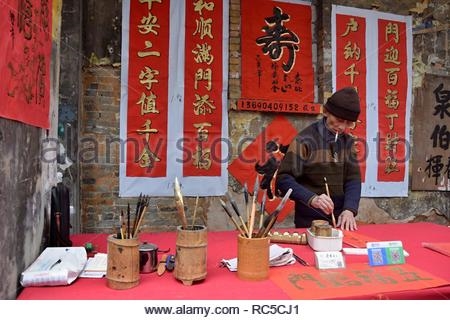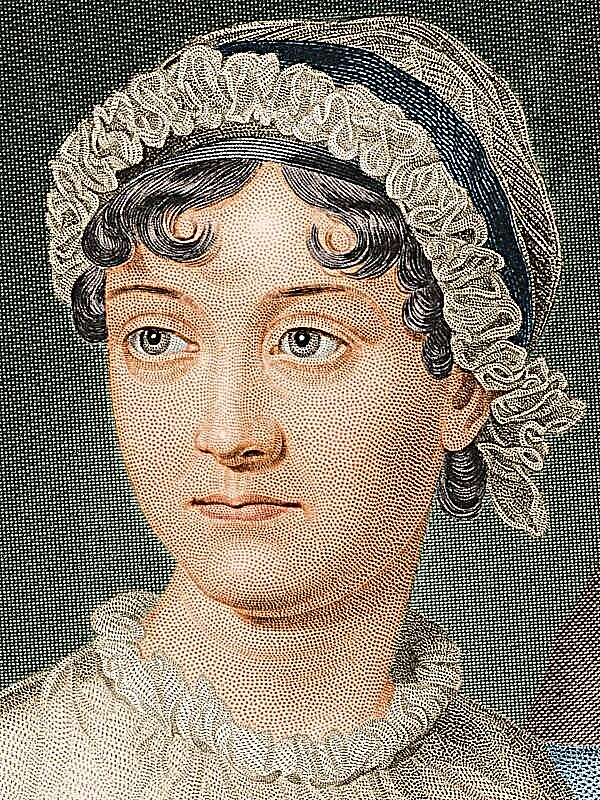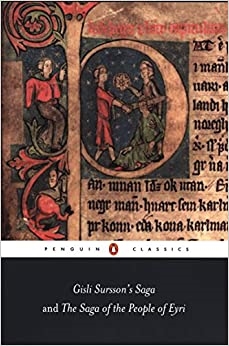Having left his young wife, Donja Elvira, Don Juan rushed in pursuit of another beauty captivating him. He was not at all embarrassed that in the city where he had arrived in her wake and where he intended to abduct her, the commander had been killed by him six months before - but why worry if Don Juan killed him in an honest duel and was completely acquitted by justice. This circumstance was embarrassing to his servant Sganarelle, and not only because the deceased had relatives and friends here - it was somehow not good to return to where you, if not human, then the divine law was definitely violated. However, Don Juan did not care about the law - be it heavenly or earthly.
Sganarelle served his master not for conscience, but for fear, deep down believing him to be the worst of the atheists, leading a life that was more appropriate for cattle, some Epicurean pig, rather than a good Christian. The mere fact of how badly he acted with women was worthy of higher punishment. Take even the very same donya Elvira, whom he had stolen from the walls of the monastery, forced to break monastic vows, and soon abandoned, disgraced. She was called his wife, but this did not mean anything to Don Juan, because he married almost once a month - each time brazenly mocking the sacrament.
At times, Sganarelle found the courage to reproach the gentleman for an inappropriate way of life, to remind that there were no jokes with heaven, but for such an occasion, Don Juan had many folding tirades about the variety of beauty and the decisive impossibility of forever connecting oneself with one its manifestation, about the sweetness of the pursuit of goals and the longing for calm possessions. When Don Juan was not disposed to crucify the servant, in response to reproaches and warnings, he simply threatened to kill him.
Donja Elvira didn’t know her treacherous husband, and therefore went after him, and when she found him, she demanded an explanation. He did not explain anything to her, but only advised him to return back to the monastery. Doña Elvira did not reproach or curse Don Juan, but, at parting, foretold him an inevitable punishment from above.
The beauty, whom he rushed this time, Don Juan intended to abduct during a boat trip, but his plans were prevented by an unexpectedly flurry that overturned the boat with Sganarelle. The owner and servant were pulled out of the water by peasants who spent time on the shore.
Don Juan reacted to the experienced mortal danger as easily as he treated everything in this world: barely having managed to dry out, he was already courting a young peasant. Then another one, the girlfriend of that same Pierrot, who saved his life, caught his eye, and he set to work on her, showering uncomplicated compliments, assuring the honesty and seriousness of his intentions, promising to marry without fail. Even when both passions were faced with him at the same time, Don Juan was able to conduct the matter in such a way that both were satisfied. Sganarelle tried to seize the moment and reveal to the simpletons the whole truth about his master, but the truth did not seem to interest them too much.
During such a pastime, a familiar robber found our hero, who warned him that twelve riders roam the district in search of Don Juan. The forces were too unequal and Don Giovanni decided to go on a trick: he proposed to Sganarelle to change his dress, which by no means caused enthusiasm among the servant.
Don Juan and Sganarelle nevertheless changed clothes, but not in the way the lord first suggested: he himself was now dressed as a peasant, and the servant as a doctor. The new outfit gave Sganarel an occasion to talk about the virtues of various doctors and the drugs prescribed by them, and then gradually move on to questions of faith. Here Don Juan succinctly formulated his creed, striking even the seasoned Sganarelle: the only thing you can believe in, he said, is that two, two, four, and two, four, eight.
In the forest, a beggar with a servant came across to the owner, who promised to pray God for them all his life if they would give him even a penny. Don Juan offered him a golden louisdor, but on condition that the beggar changes his rules and blasphemes. The beggar flatly refused. Despite this, Don Juan gave him a coin and immediately rushed with his sword to rescue a stranger who was attacked by three robbers.
Together, they quickly dealt with the attackers. From the ensuing conversation, Don Juan found out that before him was the brother of Dona Elvira, Don Carlos. In the forest, he lagged behind his brother, Don Alonso, with whom they everywhere searched for Don Juan to avenge his sister's scolded honor. Don Carlos don Juan did not know in person, but his appearance was well known to don Alonso. Don Alonso soon arrived with his little retinue and wanted to immediately end the offender, but don Carlos asked his brother for a reprieve — as a thank you for saving him from the bandits.
Continuing along the forest road, the gentleman and the servant suddenly saw a magnificent marble building, upon closer inspection it turned out to be the tomb of the commander killed by Don Juan. The tomb was decorated with a statue of amazing work. To mock the memory of the deceased, Don Juan ordered Sganarelle to ask the statue of the commander if he would like to have dinner at his place today. Overpowering timidity, Sganarel asked this impudent question, and the statue nodded in the affirmative. Don Juan did not believe in miracles, but when he repeated the invitation, the statue nodded to him as well.
The evening of this day, Don Juan spent in his apartment. Sganarelle was very impressed by the communication with the stone statue and kept trying to convince the owner that this miracle was probably shown as a warning to him that it was time to change his mind ... Don Juan asked the servant to shut up.
All the evening, Don Juan was harassed by various visitors who seemed to have conspired not to let him quietly dine. At first, the supplier showed up (Don Juan owed him a lot), but resorting to gross flattery, he made the merchant soon leave - unsanctioned, but extremely pleased that such an important gentleman accepted him as a friend. Next was old don Luis, father of don juan, driven to the extreme of despair by the solitude of his son. Again, for the umpteenth time, he spoke about the glory of the ancestors, stained by the unworthy acts of the descendant, about the noble virtues, than he caught up on Don Juan boredom and strengthened the conviction that it would be good for fathers to die early, instead of annoying their sons all their lives .
As soon as the door was shut behind don Luis, the servants reported that Don Juan wanted to see some lady under a veil. It was Dona Elvira. She firmly decided to move away from the world and for the last time came to him, moved by love, to beg for her sake to change her life, for it was revealed to her that the sins of Don Juan had depleted the supply of heavenly mercy, that, perhaps, he had only one day to repent and ward off a terrible punishment. The words of Dona Elvira made Sganarel burst into tears, and thanks to her unusual appearance, Don Juan aroused only a very concrete desire.
When Don Juan and Sganarelle finally sat down for dinner, the only guest who was called today was the statue of the commander. The owner did not lose his time and calmly dined with a stone guest. leaving, the commander invited Don Juan the next day to pay a return visit. He accepted the invitation.
The next day, old don Luis was happier than ever: at first he heard that his son had decided to reform and break with the vicious past, and then he met Don Juan himself, and he confirmed that yes, he had repented and was starting a new life from now on .
The master’s words poured balm on Sganarelle’s soul, but as soon as the old man left, Don Juan explained to the servant that all his repentance and correction was nothing more than a ploy. Hypocrisy and pretense are a fashionable vice, easily falling for virtue, and therefore it is a sin not to indulge in it.
Sganarel became convinced of how useful hypocrisy is in life very soon - when don Carlos met with his master and menacingly asked if Don Juan intended to publicly name don Elvira his wife. Referring to the will of heaven, which was now revealed to him now that he had embarked on the path of righteousness, the pretender asserted that for the sake of saving his and her soul they should not renew their marriage. Don Carlos listened to him and even released him in peace, leaving, however, the right to somehow in an honest duel to achieve final clarity on this issue. For a short time, however, Don Juan had to blaspheme impunity, referring to the alleged voice from above from above. The sky really showed him a sign - a ghost in the image of a woman under a veil who menacingly uttered that Don Giovanni had one moment left to appeal to heavenly mercy. Don Juan was not afraid this time either, and arrogantly declared that he was not used to such treatment. Then the ghost was transformed into a figure of Time with a scythe in his hand, and then disappeared.
When a statue of the commander appeared before Don Juan and held out his hand to shake, he boldly held out his. Feeling the relic of a stone right hand and hearing from the statue words about a terrible death awaiting the one who rejected heavenly mercy, Don Juan felt that an invisible flame was burning him. The earth opened and swallowed him, and from the place where he disappeared, flames burst out.
The death of Don Giovanni was on hand for many, except, perhaps, the long-suffering Sganarelle - who now will pay him his salary?

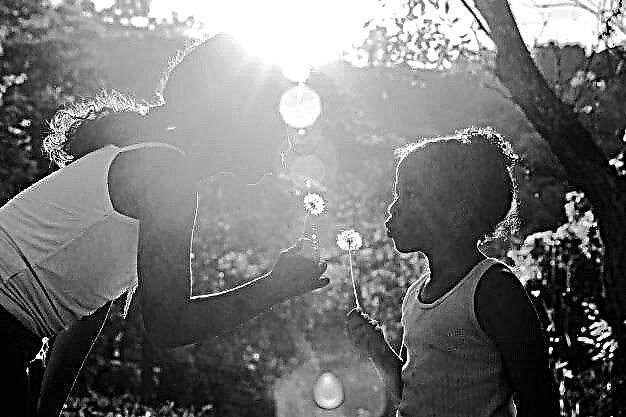
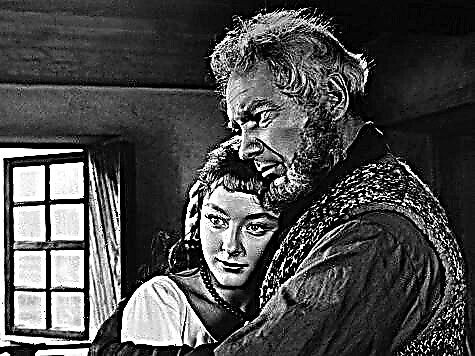
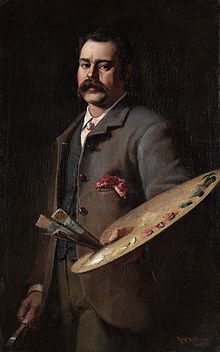
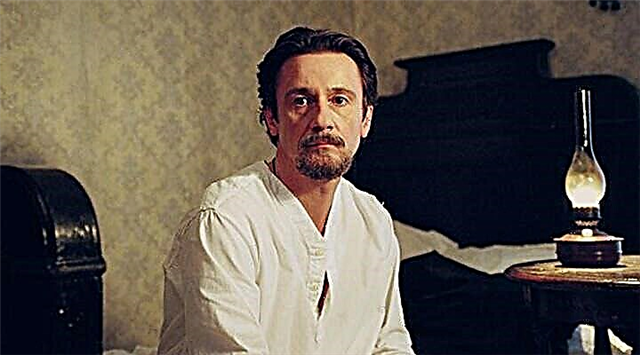
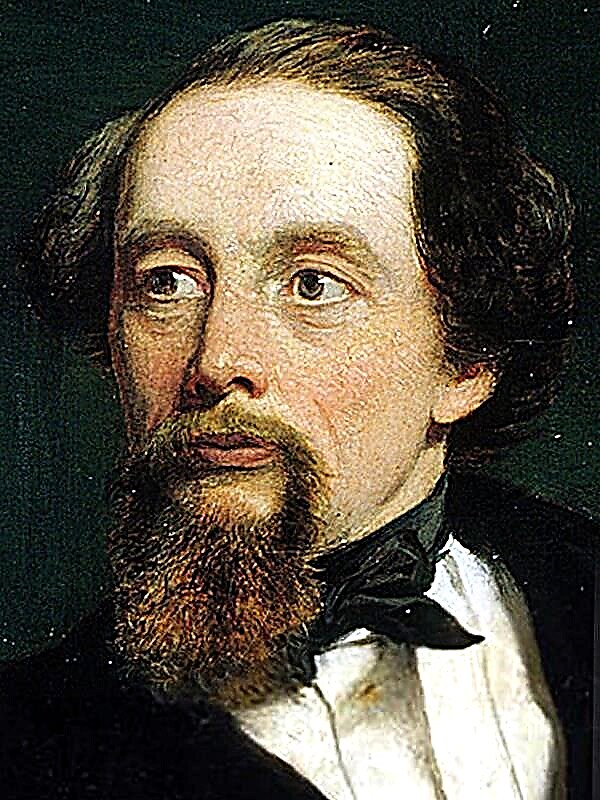
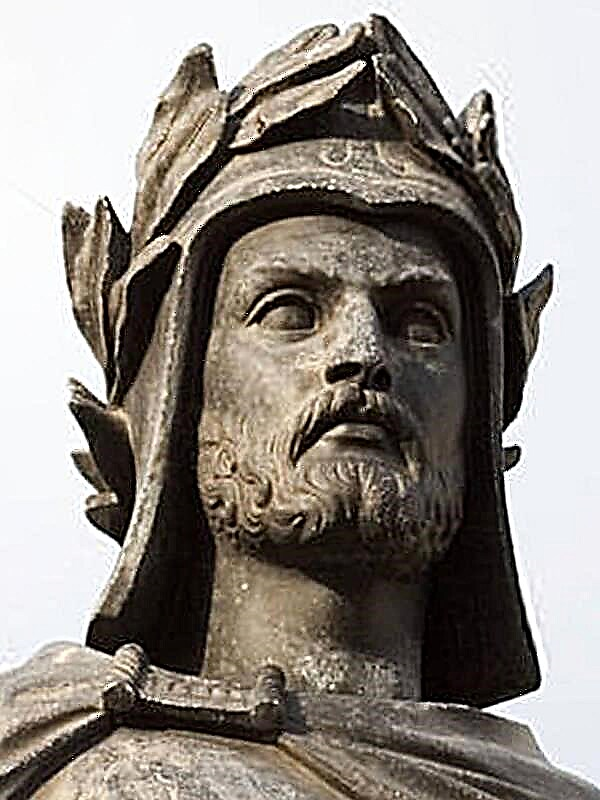
 Tilemahide
Tilemahide